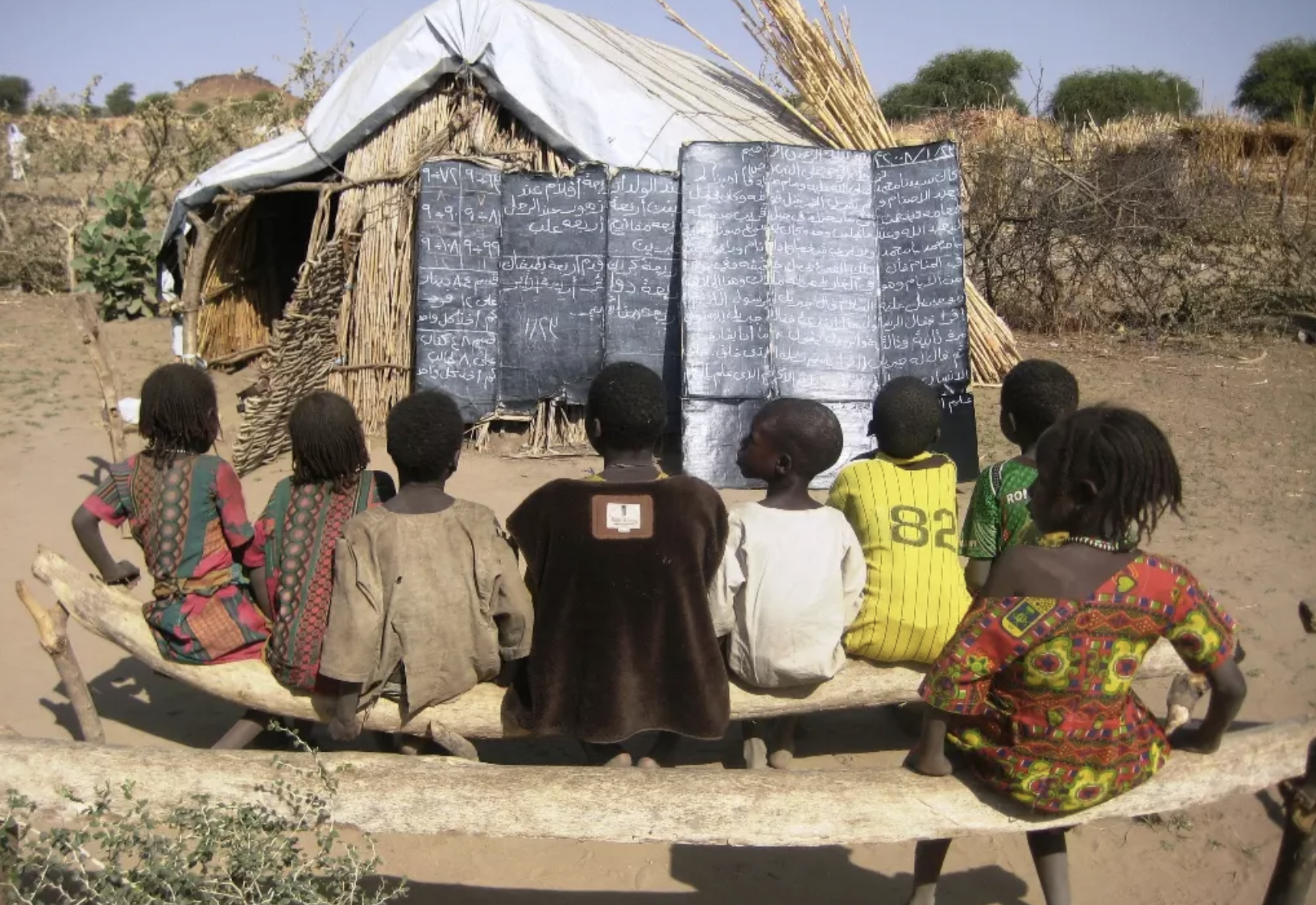
Ensuring every refugee child is in school and learning
For the world’s refugee children, education is a source of opportunity and hope for a brighter future.
Yet today 51 per cent of school-aged refugees are estimated to be out of school, that’s more than 7 million refugee children missing out on education.
Having already lost their homes, refugees are losing their education and their hopes for a brighter future.
The 2023 Global Refugee Forum, the second of its kind, is an opportunity to turn commitments into action and unlock the funding required to educate the world’s refugees.
The promise of the Global Compact on Refugees
Today 76% of the world’s refugees live in low-income and middle-income countries whose education systems already struggle to meet the needs of children and where learning poverty (being unable to read and understand a simple text by age 10) is high.
On 17 December 2018, the United Nations General Assembly affirmed the Global Compact on Refugees.
The Compact includes the landmark commitment to get all children in school and learning within a few months of their displacement, and makes this a shared responsibility for all.
Despite the commitment in the Global Compact on Refugees to get all children in school and learning within a few months of their displacement, refugees continue to experience some of the lowest access rates to education in the world.
The Global Refugee Forum 2023
This year’s Global Refugee Forum is taking place between 13th and 15th of December in Geneva, Switzerland.
The second of its kinds, the GRF brings together host refugee countries, donor countries and other stakeholders to commit to financial or technical support to help meet the objectives of the Global Compact on Refugees.
Countries can announce concrete pledges and contributions that will achieve tangible benefits for refugees and host communities, including ensuring all refugee and host community children have access to education.
Multi-stakeholder pledge on the inclusion of refugees in national education systems
Ahead of the Forum, FCDO, the Global Partnership for Education, World Bank, UNICEF, Education Cannot Wait, the Governments of Canada and Germany supported by UNHCR have announced a multistakeholder pledge which aims to provide more support to refugee hosting states to include refugee children in their national education systems.
To support the pledge host governments are encouraged to match the pledge and make policy related pledges that will expand national education systems as needed to include refugee children in certified learning opportunities.
The commitments made by refugee hosting states require provide external financial assistance in order to be fulfilled.
Donors can make multi-year financial, policy, and/or technical support pledges to cover the additional costs related to the inclusion of refugee children and strengthen national systems.
Parliamentarians can play a key role in encouraging their governments to attend the Global Refugee Forum, fulfill previous commitments, make new and concrete pledges and/or match the multi-stakeholder pledge to include all refugee children in national education systems.
IPNEd worked with Save the Children to produce a briefing for parliamentarians of refugee hosting countries and donor countries which offers key recommendations on unlocking the financing needed to get all refugee children in school and learning.




